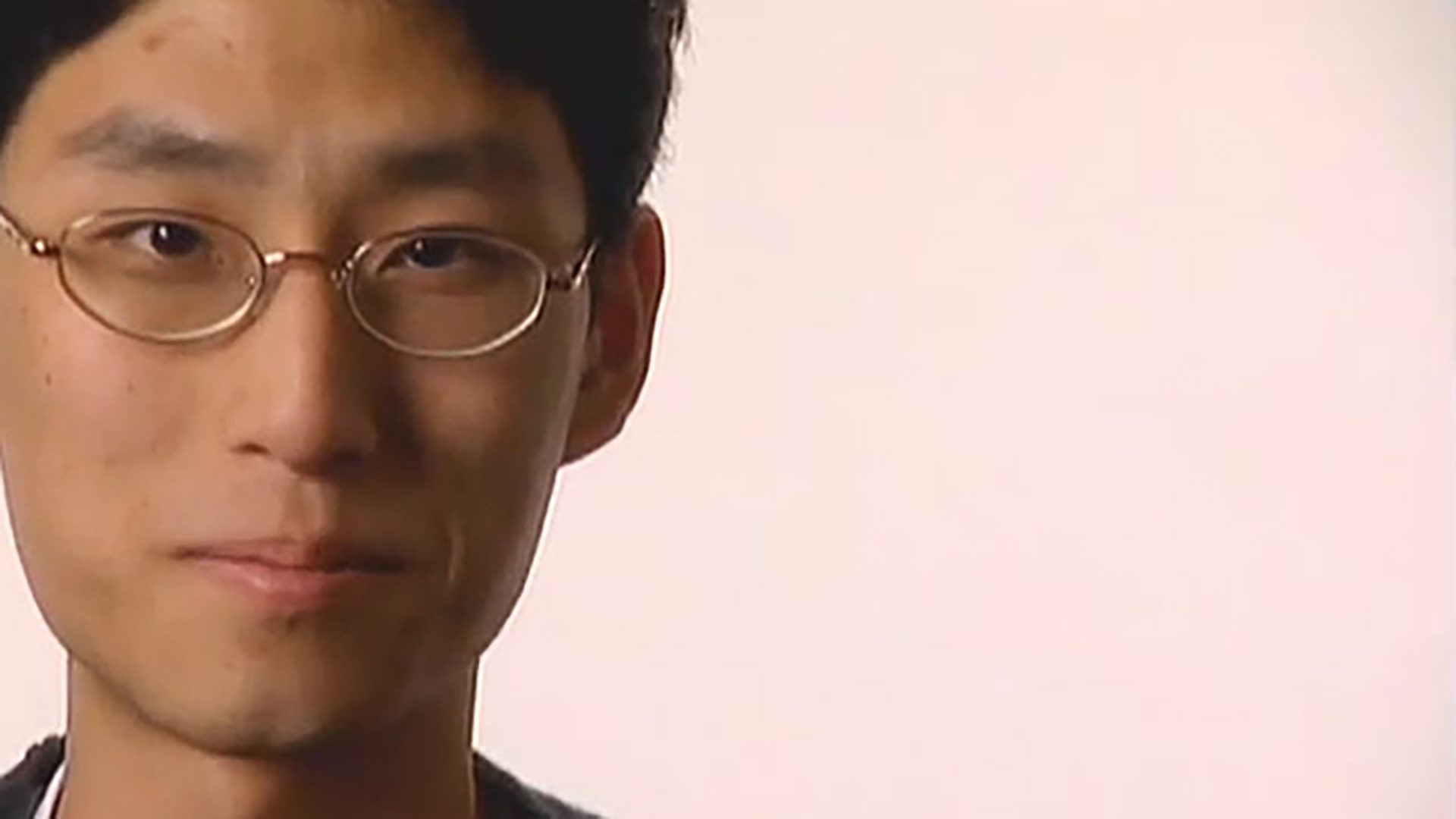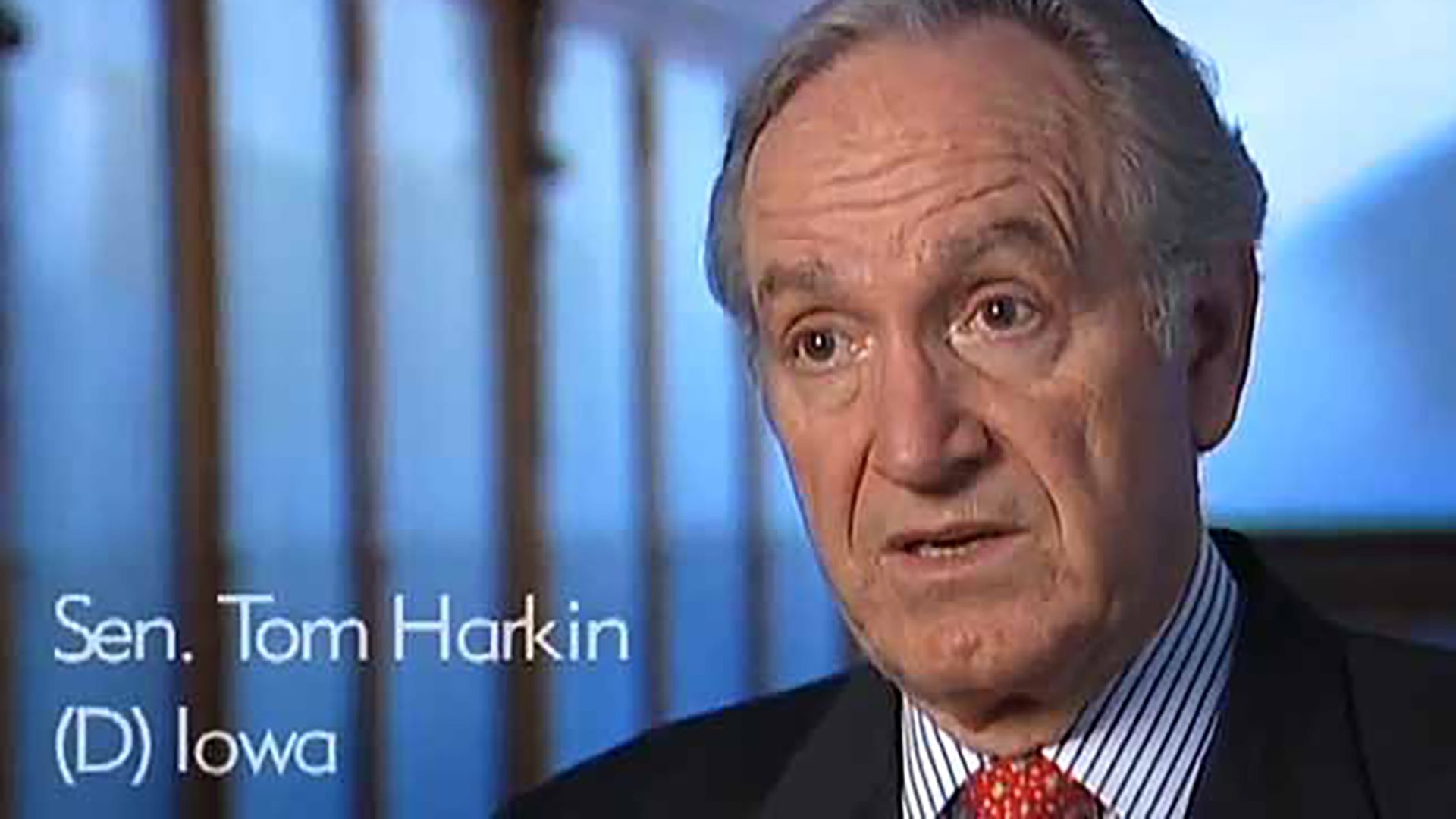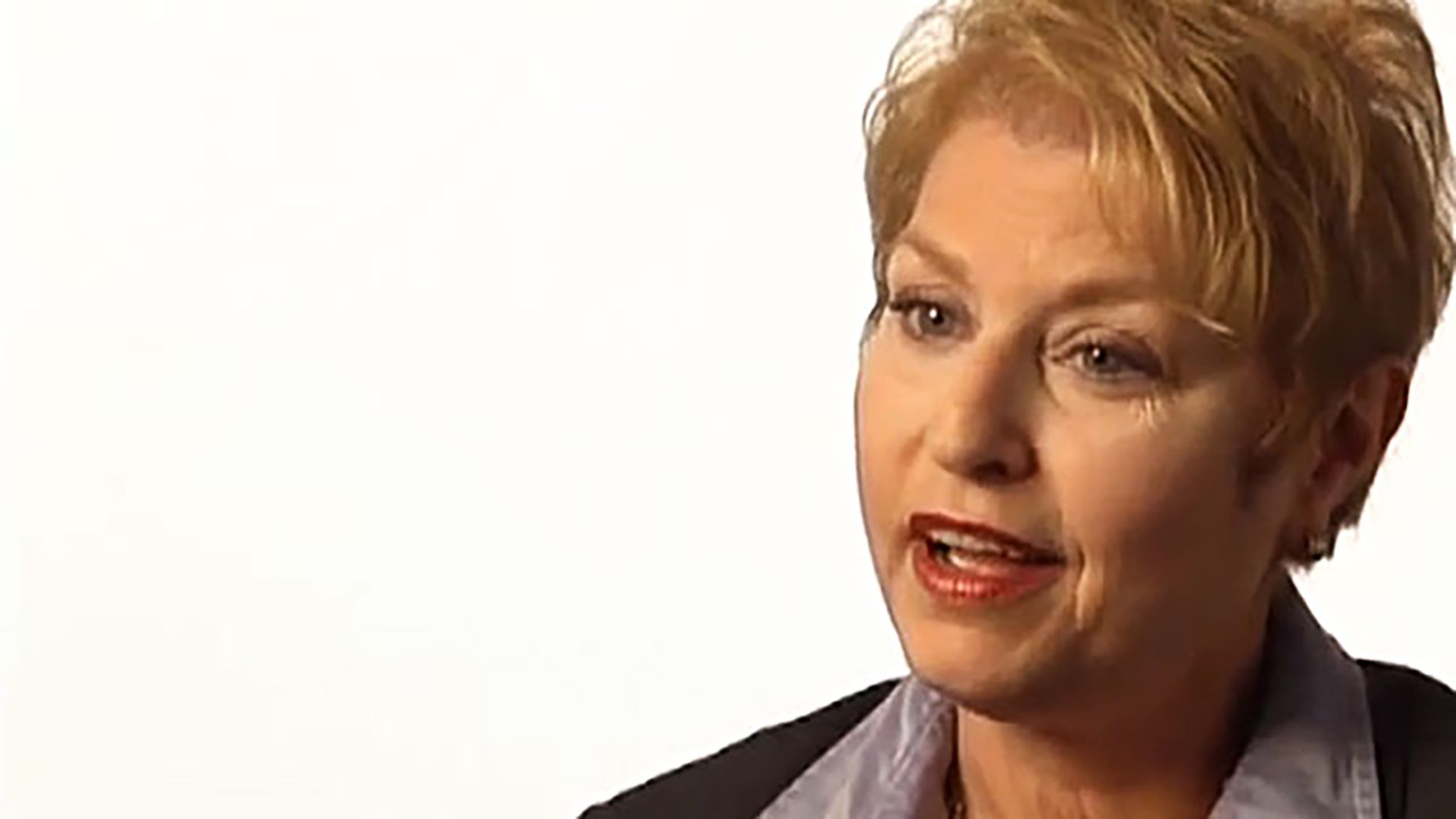Survivor Interview – Michael L.
Hodgkin’s Lymphoma survivor Michael talks about fertility, finding meaning, and giving back.

When I was first diagnosed, my mom and parents were worried about me having kids and the toxicity from the treatments making me sterile, so before my treatments began, I went to a sperm bank. Right now, I have three vials of my sperm frozen back in St. Louis. The process of banking sperm, for me, only took half a day or so of going into the office and filling out the papers and banking. I only pay about $100 a year for them to keep my sperm.
It was difficult with my mom. The morning before I went there, she didn’t really know how much I knew, and she was trying to explain what I should do. It was quite embarrassing but, thankfully, my sister stopped her from going further into it. I’m glad I did bank because if I didn’t, I might not ever be able to have kids. I think, at the time, I really wasn’t sure if I wanted to have kids, but now it’s great to know that I have the option. If I hadn’t, my opportunity would have been lost.
After my treatments, it was hard initially because I saw my doctors every other week or every week. Then, after that, I was just kind of left alone. What do I do? What can I do? How do I live my life and what can I expect? I really didn’t know what to do, and I didn’t really receive much help from my doctors either. I looked online for information. I looked through medical textbooks. I really wanted to find other survivors, but I didn’t know where to look.
The emotional issues I suffered were mainly from fear of recurrence and fear of when I would die. My biggest fear was recurrence, because if it happened again, then what would I do? Initially, when my treatments were finished, it was especially hard because I knew that if my cancer came back within the first year, I would probably only be able to expect to live five years, or, you know, one or two. But as time went on, I slowly grew less wary of it and I kind of am a little more comfortable with it now.
I go in every three months for blood work, but I’m really nervous when I go in for my CT scans. Because sometimes, during the year, I wonder if that cough or maybe a little bump on my neck is something serious, and it’s only when I have a CT scan, that it really will come out if I do have cancer.
It definitely has gotten easier over time. The biggest stress for me was during the first year. Now, being two years out, it’s a lot easier. And I think as the months and years pass by, I will become much more comfortable and less wary of it.
I think now, after having cancer, I realize the value of life and how precious it is. At 20 years old, you really don’t think about dying. You just think about when’s the next party or having fun, and now I know that I will die someday. It really makes me appreciate what I have and try to make the most of the time that I do have. I think other people don’t really realize that. I don’t think they can understand it unless they go through something as serious and as life-threatening as cancer or other serious illnesses.
As a cancer survivor, you have to just take each day as it is. You kind of take hope and believe that you will live a long time and try to ignore some of the issues and fears that you have. I think that’s the best advice I can give.
After my diagnosis and after my treatments, it was hard for me to figure out what I should do with my life. Should I study hard so I can make a great career for myself, or should I take care of my health so I can live long? Or should I just go out and have fun because I have today and I’m alive? It was really hard for me to figure out the right balance or figure out which way I should go.
I wanted to be healthy. And I wanted to stay healthy, so I wouldn’t have a recurrence. So I wondered, how much could I exercise, should I exercise, what should I eat, and how much? I’m a little underweight and I always wanted to try to get up to a healthier weight. I still am trying to do that.
My family was the main support that I had. My mother came down and took care of me when I was in school, so I was able to stay in school at the same time I was doing my treatments. My family has become much more protective of me and almost overbearing at times. I’m the youngest, so I was already babied as it was, and now it almost seems like they treat me as if I’m only ten years old at times.
Survivorship means living your life after cancer and carrying on and trying to be as productive as you can. For me, it was hard to find information, and I often found that I didn’t know what I didn’t know. I didn’t know what I needed to know and where to get information and what to ask.
I was lucky in my survivorship to be able to go to a camp called Dream Street, and there I was able to talk with other survivors and discuss the issues of our cancer, and our fears and our hopes. That was really an epiphany for me, because I had never seen or spoken to any other cancer survivors my own age. Just seeing them made me realize how normal my feelings were and just how normal I was. As a result, I became a counselor at the younger kids’ camp. It was really rewarding for me to see other kids who had had cancer or other serious, life-threatening illnesses have fun and kind of forget about their disease. Being a counselor was really rewarding to me, because I think I gave back to other survivors and they also gave back to me and showed me how to live, and from their resilience, I got some strength.
My name is Michael Lin, and I’m a two-year survivor of Hodgkin’s disease.

